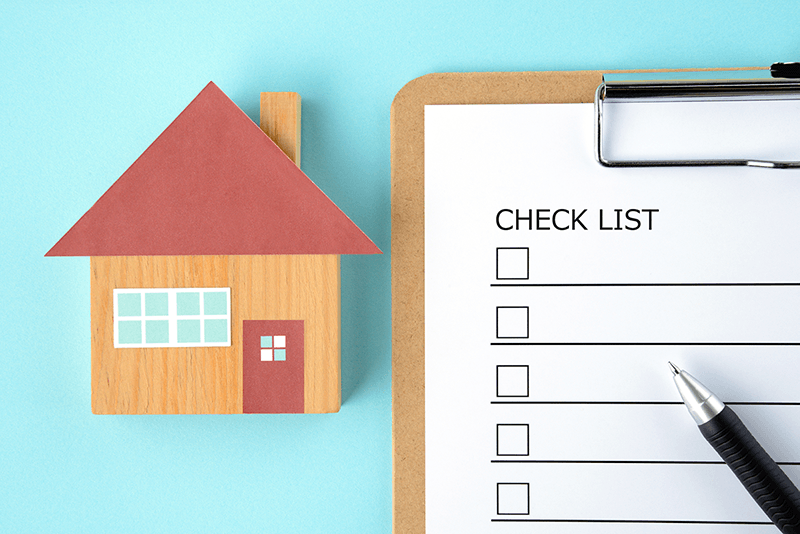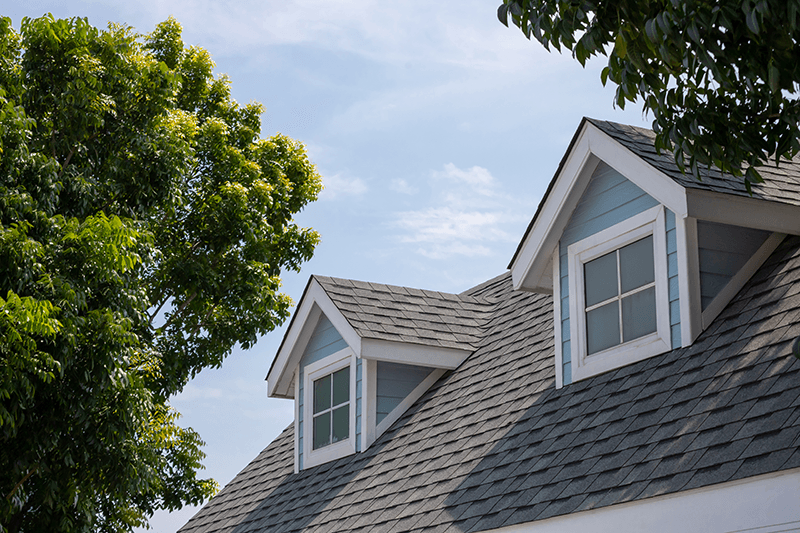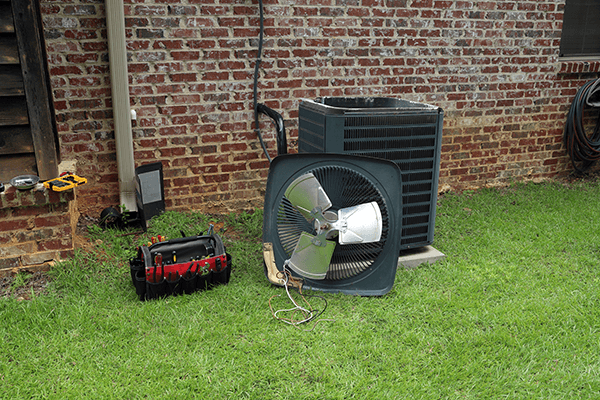Finding an unexpected problem is one of the most common reasons that home sales fall through. Because banks require home inspections, almost every buyer will schedule one of these inspections when buying your Florida home. As a result, it is easier to address problems before listing your home. Here are five of the key home components to consider having inspected before selling.

Roof

Replacing a roof is one of the most costly repairs a homeowner can deal with. Asphalt roofs can run anywhere from $18 to $35 per sq. ft. of roofing. And while that is expensive, not dealing with roofing issues can cost even more from water damage. Roofs also are one of the critical home systems that will prevent your home from passing inspection.
Common signs of roof damage:
- Bare spots on shingles
- Major discoloration or bleaching of roof
- Large number of granules in the gutter
- Missing shingles
- Curling at the edge of shingles
Foundation
Foundations are another critical and high-cost component of your home. When dealing with foundations, it is always worth consulting a professional. Foundation repairs can run from $500 to well over $10,000, depending on the repair. Always ensure permits are pulled and ask for a warranty when performing foundation repairs.
Common signs of foundation issues:
- Cracks in walls (especially over doorways and windows)
- Large cracks in concrete floors
- Basement walls are bowing
- Basement walls have horizontal cracks
- Floors not level
Electrical
Note: Electrical systems are dangerous and can be deadly if not handled by a professional. You should never try removing the cover from an electrical panel yourself. Additionally, many electrical problems that result in a failed home inspection are not easily detected. For this reason, if you have an older home, it is advisable to pay a professional to verify the rough wiring, panel (or fuse box), and service to the home are wired correctly.

HVAC
Your home’s heating and cooling systems can vary greatly depending on the age and location of your home. If you have older heating or cooling systems, you should consider whether any of these components may need replacing. While typical repairs can run $150 – $200 plus replacement parts, total system replacements can cost well over $5,000 for air conditioning and $2,000 for furnaces.
Common signs of HVAC issues:
- Difficulty cooling or heating home
- Loud noises or unusual vibration from the furnace
- Equipment past typical life expectancy
- Furnace: 20 – 25 years
- Air conditioning unit: 15 – 20 years
- Heat pump: 10 – 20 years
- Hot water boiler: 30 – 40 years
Plumbing
There are a few types of plumbing repairs that can be expensive. Replacing a water heater or having a new mainline ran can both cost over $1,000 (with mainline replacement running upwards of $3,000 to complete). If your house is over 80 years old, you will also need to consider what type of piping the home has installed currently.
Common signs of plumbing issues:
- Water percolating at top of soil or damp soil
- Home over 80 years old (may have old piping made of lead or cast iron)
- Home built in 80s or 90s (may have polybutylene piping)
- Rust or leaks around water heater
- Water meter still runs when all water in the house is shut off
Handling Home Repairs Before Selling
If you find any of these problems with your home, chances are a home inspector will find them too. The good news is that you can use this information when pricing your home for sale. The cost of repairs such as a new roof can typically be added to your home’s list price.
If, however, you can’t afford repairs, there are other options available. Leveraging a home equity line of credit can allow you to finish repairs before selling. There are also loan programs such as the FHA 203k that allow both homebuyers and homeowners to finance up to $35,000 for home repairs.
When financing for a home repair isn’t available, finding an all-cash buyer might be your best option. All-cash buyers are typically investors that don’t mind dealing with repairs themselves. In fact, that’s what many of them specialize in. Just remember, investors will typically expect a reasonable discount for the time and energy needed to address these issues themselves.
To Sum it Up
Before you sell your Florida home, make sure you (or a licensed professional when needed) checks these critical home components. Issues with any of these will need to be addressed before closing, and it is almost always better to address them beforehand. If you can’t afford the repairs, there may be financing options or cash buyers who can help.
